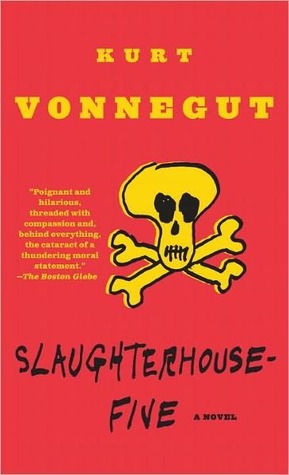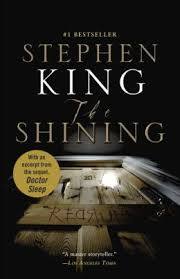"When I look back on my childhood I wonder how I managed to survive at all. It was, of course, a miserable childhood: the happy childhood is hardly worth your while. Worse than the ordinary miserable childhood is the miserable Irish childhood, and worse yet is the miserable Irish Catholic childhood."So begins the luminous memoir of Frank McCourt, born in Depression-era Brooklyn to recent Irish immigrants and raised in the slums of Limerick, Ireland. Frank's mother, Angela, has no money to feed the children since Frank's father, Malachy, rarely works, and when he does he drinks his wages. Yet Malachy does nurture in Frank an appetite for the one thing he can provide: a story.
Perhaps it is a story that accounts for Frank's survival. Wearing rags for diapers, begging a pig's head for Christmas dinner, and searching the pubs for his father, Frank endures poverty, near-starvation and the casual cruelty of relatives and neighbors yet lives to tell his tale with eloquence, exuberance and remarkable forgiveness.
Imbued with Frank McCourt's astounding humor and compassion — and movingly read in his own voice
Angela's Ashes is a glorious audiobook that bears all the marks of a classic.
~~~~~~~~~~~~~~~~~~~~~~~~~~~~~~
I am the type of reader who ALWAYS finishes a book once I have started it. Even if a book is horrible, I always hold out hope that it will somehow get better. I suffer through to the end, so I never have to wonder "what if?" Angela's Ashes was the one exception to this rule. No matter how I tried, I just could not get through this novel the first time I attempted to read it. Having grown up in a large, Irish-American family, there were many things I could relate to in Frank's story, but I just couldn't get past what I perceived as endless whining. I got it. Your life sucked, you were poor, your father was a drunk and unreliable. Join the club! I failed to see how Frank's experience was so different from my own and the millions of other's that came before him.
Because of my predilection for finishing books, no matter how terrible they are, there was only one option available to me if I was going to complete the 2015 Reading Challenge. I knew that I would have to finally get through Angela's Ashes. I decided to go with the audiobook, thinking that when my frustration level got too high, I could distract myself with the author's accent. I'm a sucker for accents. It worked, and I was finally able to get through the book.
I still don't love the novel, but I don't hate it as much as I did the first time I tried to read it. It didn't feel so much like a "woe is me" tale as it did the first time around, and I was able to appreciate the humor, disappointment, and determination of Frank's story much more. It is unlikely that I will ever recommend this novel as a "must read," nor am I likely to seek out its sequels, but I am happy to say that I made it through it and no longer have it hanging over my head as an unfinished book. I have a new appreciation for the novel, but it will still never make my favorite books list.
2015 Reading Challenge: A book you started, but never finished






